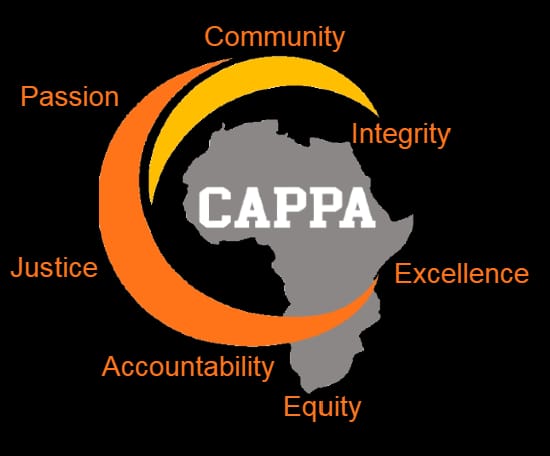By Jemimah Wellington, JKNewsMedia Reporter
THE GROWING prevalence of cancer and other Non-Communicable Diseases (NCDs) in Nigeria has raised fresh concerns over the government’s efforts in implementing strong public health policies.
Corporate Accountability and Public Participation Africa (CAPPA) has urged federal and state authorities to take immediate action by enforcing stricter regulations on ultra-processed foods, tobacco, excessive sugar-sweetened beverages (SSBs), and high salt consumption—key factors fuelling the country’s rising cancer cases.
Cancer remains a significant public health challenge in Nigeria, with over 120,000 new cases recorded annually, according to the National Institute for Cancer Research and Treatment.
The National Cancer Prevention and Control Plan (2018-2022) also estimates that Nigerians spend N12 billion yearly on cancer treatment.
CAPPA insists that these figures highlight the urgent need for comprehensive preventive measures to address avoidable risk factors contributing to the disease burden.
A statement signed by CAPPA’s Media and Communications Officer, Robert Egbe, outlined the organisation’s demands for robust health-focused policies.
Among its key recommendations, CAPPA called for the implementation of national guidelines aimed at reducing salt consumption and an upward review of the SSB tax from the current N10 per litre to N130.
The organisation argues that a significant increase in the tax rate would help curb excessive consumption of sugary drinks while generating additional revenue for health interventions.
Additionally, CAPPA urged the government to regulate novel tobacco products, particularly those aggressively marketed to young people.
It also called for increased funding for the tobacco control fund to strengthen enforcement efforts and enhance public awareness campaigns.
CAPPA also stresses that scientific studies have consistently linked tobacco use to various forms of cancer, making it the leading cause of cancer-related deaths worldwide.
Excessive intake of SSBs has also been associated with a higher risk of obesity-related cancers, including kidney and colon cancers, while high salt consumption is known to increase the likelihood of stomach cancer and other serious health complications.
Akinbode Oluwafemi, CAPPA’s Executive Director, stressed that creating a healthier food environment backed by effective regulations is crucial for reducing cancer risks and tackling NCDs.
He emphasised the importance of fiscal policies that discourage unhealthy diets, promote the adoption of nutrient-rich foods through subsidies, and dissuade tobacco use.
The organisation further recommended clear front-of-package labelling to help consumers make informed dietary choices.
It also highlighted the need for extensive public awareness campaigns to educate Nigerians on the direct link between dietary habits and cancer risk, fostering healthier consumption patterns across all demographics.
By prioritising these interventions, CAPPA maintains that the Nigerian government can establish a solid framework to mitigate cancer risk factors and promote national well-being.
World Cancer Day is observed annually on February 4, with this year’s theme, “United by Unique,” celebrating the personal experiences of those affected by cancer.





